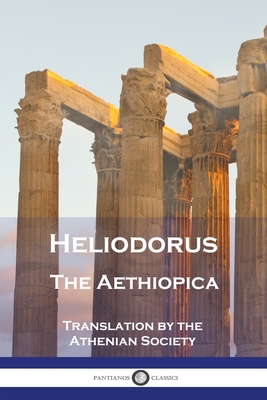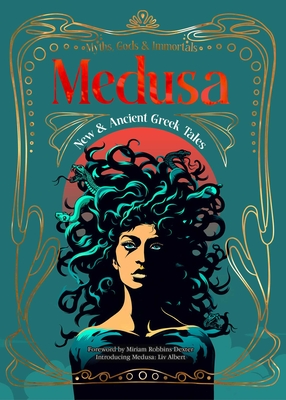
For many centuries this novel was very obscure to readers in Western Europe. However, copies had always circulated around the Byzantine Empire, and it was during the Renaissance in the 14th century that burgeoning interest in classical Greece led to the Aethiopica being recognized and read by Western European scholars. Various translations occurred through subsequent centuries; this translation to English was brought to fruition by academics of classics based in Athens in the late 19th century.
We are introduced to Chariclea, who was born to King Hydaspes and Queen Persinna, of ancient Ethiopia. The girl is said to have been conceived when her mother fixed eyes upon a marble statue; a point crucial to the story later on. The young woman is romanced by Theagenes, a man of nobility from the northerly lands of Thessaly, and in eloping the pair endures many dangerous encounters with wild creatures and roaming bandits.
Together with the translated text, we find a scholarly introduction which explains the historical significance of this work.







